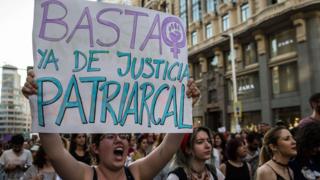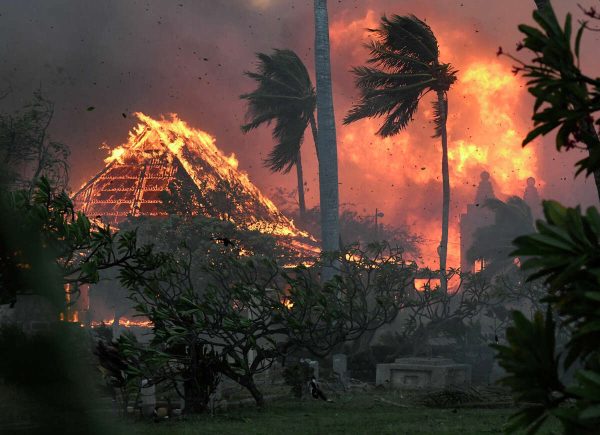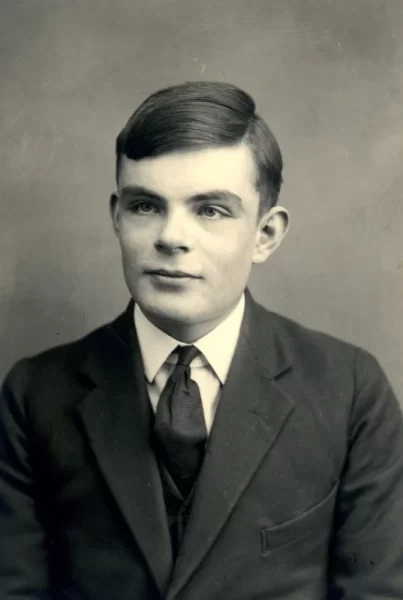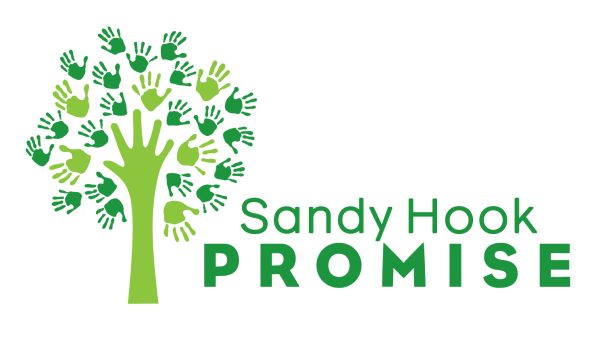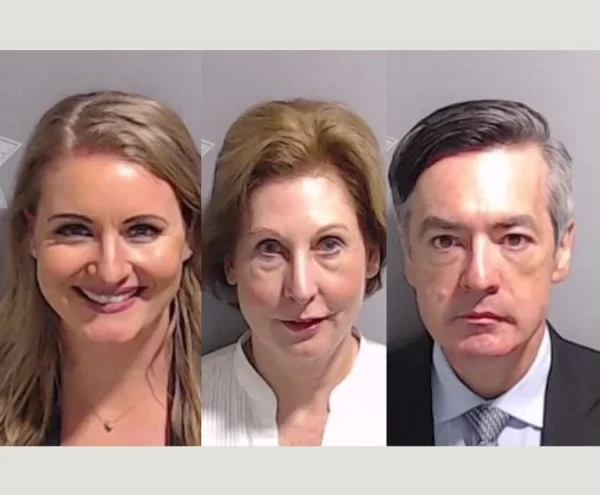Spain gets consent wrong
On November 4, hundreds of protesters gathered in Madrid after Barcelona court cleared five men of sexual assault charges, because they ruled that the crime did not fit the legal definition of rape because the victim was unconscious.
Under Spanish law, an attack can only be classified as an assault or rape if the perpetrator uses violence or intimidation.
The 14-year-old victim was unconscious during the attack, which resulted in the five men having a lesser charge and being sentenced to 10 to 12 years in prison, despite the prosecution arguing that they should be charged with an assault.
During the protest, social activists were wearing purple scarves, a color associated with feminist movements, while others wore purple gloves and carried purple umbrellas.
There were many chants and signs present including one saying, “it’s not abuse, it’s rape.”
Barcelona mayor Ada Colau has openly spoken against the court’s ruling, posting on Twitter, “Another outrageous sentence of the #EnoughPatriarchalJustice who does not want to understand that only YES is YES.”
The assault took place in Manresa, a town northwest of Barcelona in 2016. It happened at a party in an abandoned factory where the victim consumed “alcohol and marijuana” and became unconscious.
The men took turns performing sexual acts on the teenager, according to a statement published on the court’s website.
“The sexual attack on the victim was extremely intense and especially denigrating, and in addition, it was produced on a minor who was in a helpless situation,” the court said in a press release.
However, the court said the victim was “in a state of unconsciousness… without being able to determine and accept or oppose the sexual relations maintained with [the] defendants, who could perform sexual acts without using any type of violence or intimidation.”
During the trial, the victim said that she could not recall every detail because she was so afraid and she believed they had a gun. The weapon turned out to be fake.
The victim was given 12,000 euros ($13,400) in damages.
This attack and its outcome has caused such an uproar because it is similar to the “Wolf Pack” case in 2016.
This case is the gang rape of an 18-year-old female by five men at the Pamplona festival. They were initially acquitted of rape and convicted for the abuse.
However, Spain’s Supreme Court overturned the decision in June and sentenced the men to 15 years in prison for rape.
The protest was held to demand change on the current law in Spain. The outrage was not over the length of the prison terms, but the court’s decision to convict them of a lesser crime of sexual abuse instead of sexual assault or rape.
A conservative government, then a socialist one, has promised to amend the criminal code to eliminate the distinction between “abuse” and “assault.”
Marian Fernández, a 31-year-old psychologist, said protesters were seeking not just new laws or better interpretation of the current ones.
The center-left administration of Prime Minister Pedro Sánchez has said that he will make explicit consent mandatory in all sexual relations and to launch a program to improve gender awareness among members of the judiciary.
But the minority government collapsed without enough parliamentary support at the beginning of the year, and the political deadlock was not resolved in an April election.
“It’s not enough with better laws; we also need judges who are well trained on gender issues,” said Vivian Waisman, president of Women’s Link Worldwide, a Madrid-based nonprofit organization that promotes women’s rights.”

I am currently a senior at NHS. I love how in Journalism there are multiple ways to tell a story. Although there is a certain structure, I have more freedom...



